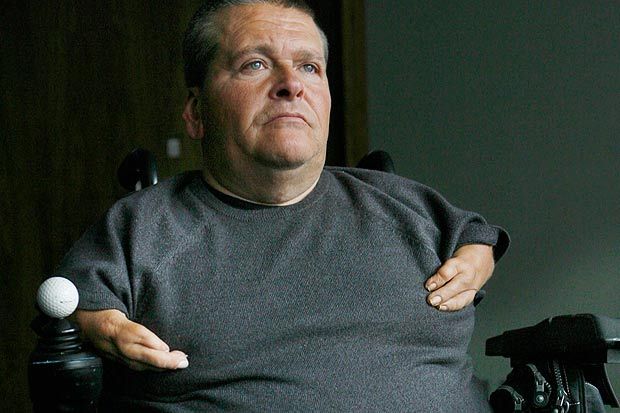New publications
"Thalidomide tragedy": an apology after half a century
Last reviewed: 01.07.2025

All iLive content is medically reviewed or fact checked to ensure as much factual accuracy as possible.
We have strict sourcing guidelines and only link to reputable media sites, academic research institutions and, whenever possible, medically peer reviewed studies. Note that the numbers in parentheses ([1], [2], etc.) are clickable links to these studies.
If you feel that any of our content is inaccurate, out-of-date, or otherwise questionable, please select it and press Ctrl + Enter.
Thalidomide is a notorious sedative drug for pregnant women who took it as a sedative and sleep aid. The manufacturer of the drug, which was sold in Germany without a prescription, is the German pharmaceutical company Chemie Grünenthal.
The drug gained wide popularity due to its teratogenic effect. Thalidomide caused embryonic development disorders, morphological anomalies and developmental defects in children.
It was established that between 1956 and 1962, in a number of countries around the world, according to various estimates, between 8,000 and 12,000 children were born with deformities caused by the use of thalidomide. This period was subsequently called the "Thalidomid tragedy."
In 1958, the manufacturer called thalidomide "the best drug for pregnant and nursing mothers."
50 years after the drug was withdrawn from sale, the company Chemie Grünenthal, which once produced the drug, has decided to apologize to the thousands of people who were born with developmental abnormalities.

The reason for repentance was the opening of a monument to children who suffered from their mothers' use of this monstrous drug.
The bronze sculpture is dedicated to children born with deformed limbs. For the first time in half a century of silence, Chemie Grünenthal CEO Harald Stock expressed his condolences and sympathy for the children maimed by the drug.
Shtok spoke about the company's close cooperation with public organizations, which include victims. It was this interaction, according to Shtok, that made the company's management understand that public remorse is the minimum price to pay for the injuries caused.
He asked that the company's long silence be regarded as a shock produced by the consequences of using the drug.
“Forgive us for the fact that for almost half a century we were silent and could not find a way to address you as human beings,” Stock said.
In addition to the company's apology, which came too late, many victims began to receive compensation for the damage caused to their health.

"We understand the emotions and see the physical difficulties that the victims are going through. Their mothers bear on their shoulders every day all the burdens that our company has brought upon them," the chairman said. "We deeply regret the tragedy that has occurred."
The head of Grünenthal emphasized that at the stage of clinical trials of the drug, it was impossible to identify a teratogenic effect from its use.
Most of those affected by the drug did not appreciate the company's belated remorse. Victims and relatives regarded the half-century-old admission of guilt as a publicity stunt.
